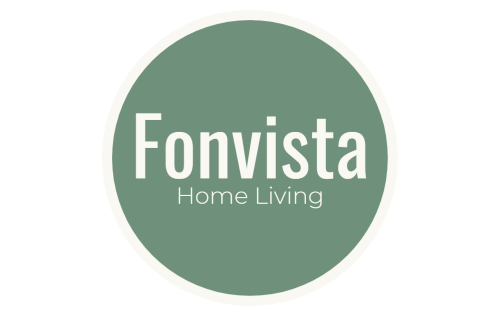Pollinator gardens are becoming a popular trend in gardening and for good reason. These gardens are designed to provide food and shelter for pollinators, such as bees, birds, butterflies, moths, wasps, bats, and small mammals. Pollinators are essential
Pollinator garden is a term used to describe a garden specifically designed to provide food and shelter for pollinators.
What is a Pollinator Garden?
A pollinator garden contains plants that provide food and shelter for pollinators such as bees, birds, butterflies, moths, wasps, bats, and small mammals.
Pollinator gardens can be made up of native or non-native plants.
Why Pollinator Gardens Matter
Pollinator gardens are important because pollinators, such as bees, are in decline due to loss of habitat and the use of pesticides.
Urbanization and the conversion of green space into monoculture lawns or land for crops has also contributed to the decline of pollinators.
Pollinator gardens can help support local ecosystems and food webs by providing a habitat for pollinators.
Do Pollinator Gardens Take a Lot of Work to Start?
Pollinator gardens can be as small or as large as you want and can be placed in a sunny spot with the right conditions.
The amount of work needed to start a pollinator garden depends on the size and whether you are using seeds or transplants.
Cost
Pollinator gardening can be economical, especially if you use seeds or plugs and look for discounts or free resources from organizations that support pollinator gardens.
What Plants to Include in a Pollinator Garden
Native wildflowers and grasses that bloom year-round are good choices for a pollinator garden.
Research plants that are suitable for your USDA hardiness zone and choose plants that provide a food source for a variety of pollinators.
Sustaining a Pollinator Garden
Pollinator gardens that contain mostly native wildflowers that grow in a variety of conditions are usually easy to maintain.
Trees and shrubs can also be included in a pollinator garden.
Once the garden is established, it requires minimal care and maintenance.
Does One Pollinator Garden Matter?
Creating an interconnected web of pollinator gardens is important for restoring balance to ecosystems and supporting pollinators.
Every pollinator garden helps to support pollinators and contribute to the overall health of the environment.
for maintaining the health of local ecosystems and the food web, and their numbers have been in decline due to habitat loss and pesticide use. By creating a pollinator garden, you can help support these vital creatures and contribute to the health of your local environment.



